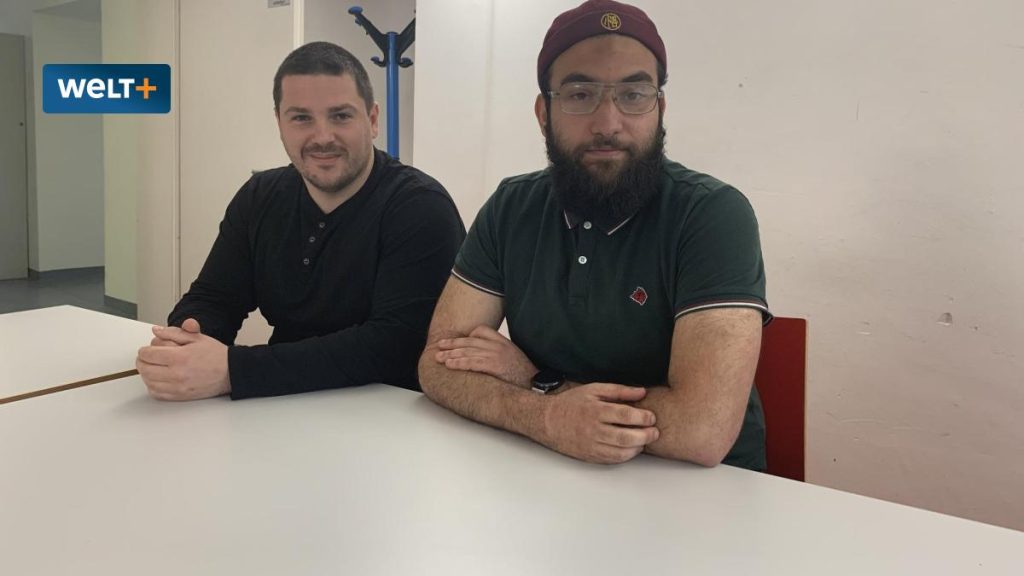In light of Islamist activities, a current debate is ongoing regarding the loyalty to the constitution by immigrants. The discussion revolves around the views of migrants themselves on demands for a “caliphate” and their stance on freedom of speech and religion. To gain insights into these perspectives, a visit was made to an integration course in Konstanz.
The integration course in Konstanz provides a space for migrants to learn the German language, German law, and the cultural norms of the country. The course aims to assist migrants in successfully integrating into German society and understanding the values upheld by the country, including democracy and freedom of speech. This is particularly relevant in the current climate, where concerns about radicalization and extremism are prevalent.
During the visit to the integration course, discussions were held with participants about their views on concepts such as a caliphate and their thoughts on freedom of speech and religion. The migrants expressed a range of opinions, with some expressing strong support for democracy and the values of the German constitution, while others voiced more conservative views. It became evident that there is a diversity of perspectives among migrants on these issues.
The debate on the loyalty of migrants to the German constitution is a complex issue that requires nuanced understanding. While some migrants may hold views that are in line with extremist ideologies, it is important to recognize that the majority are law-abiding individuals who seek to integrate into society. By providing support through integration courses and promoting dialogue on these topics, there is an opportunity to foster greater understanding and cohesion within communities.
Overall, the visit to the integration course in Konstanz highlighted the importance of addressing the concerns surrounding Islamist activities and the loyalty of migrants to the constitution. Through open dialogue and support for integration, there is potential to bridge divides and promote a more inclusive society. It is essential to continue engaging with migrants on these issues and working towards building a community based on mutual respect and understanding.
In conclusion, the discussions held with migrants at the integration course shed light on the diverse perspectives and opinions among this community. While challenges exist in ensuring the loyalty of migrants to the German constitution, there are opportunities to promote integration and foster a sense of unity. By continuing to engage in dialogue and providing support for migrants, there is potential to address concerns surrounding extremism and build a more cohesive society.


